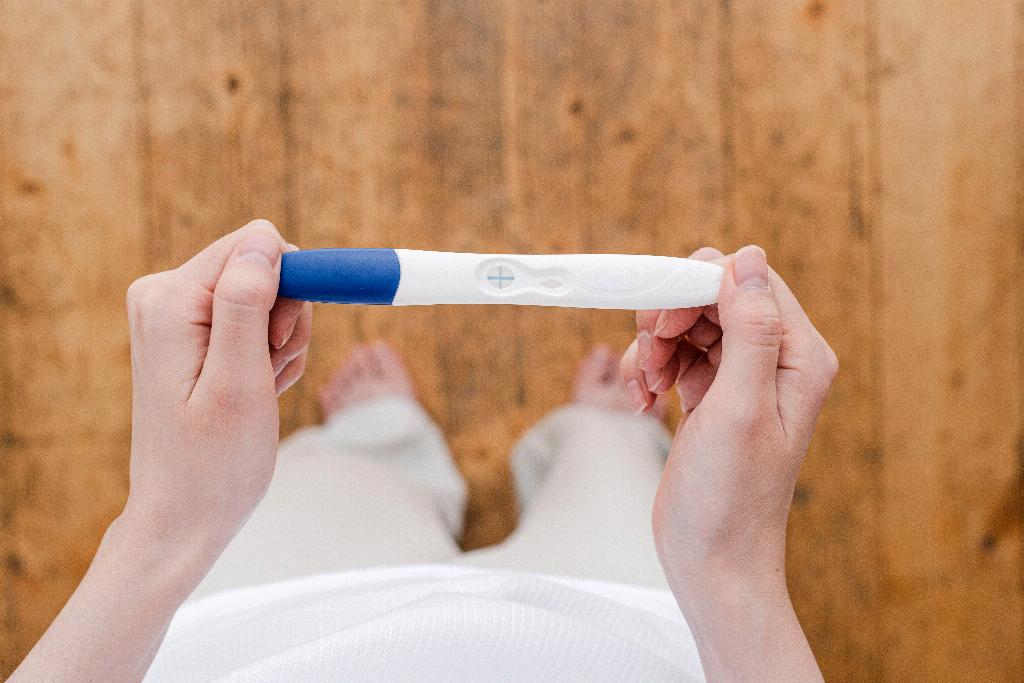One common concern among expectant mothers is whether postpartum depression is covered under Pregnancy Disability Leave (PDL). It’s important to understand that PDL in California encompasses a wide range of conditions related to pregnancy and childbirth, including mental health issues such as postpartum depression.
Postpartum depression is a serious condition that affects many new mothers, and it is recognized as a qualifying condition for PDL. The California Pregnancy Disability Leave Law (PDLL) provides up to four months of job-protected leave for women disabled by pregnancy-related conditions, which includes postpartum depression.
Under PDLL, women who are suffering from postpartum depression are entitled to take time off from work to seek treatment and recover without the fear of losing their job. This is an important protection for new mothers who may be struggling with the challenges of motherhood and mental health issues.
It’s crucial for employers to be aware of their obligations under PDLL and to provide reasonable accommodations to employees who are experiencing postpartum depression. This may include allowing flexible work hours, providing a supportive work environment, and ensuring access to necessary medical care.
Employers cannot discriminate against employees who take Pregnancy Disability Leave, including for reasons related to postpartum depression. It is against the law to take adverse action against an employee for exercising their rights under PDLL, which includes seeking leave for postpartum depression.
If you are experiencing postpartum depression and believe you are eligible for Pregnancy Disability Leave, it is important to inform your employer of your condition and request the necessary leave. Your employer is required to provide you with the information and forms needed to take advantage of your rights under PDLL.
Seeking treatment for postpartum depression is essential for your well-being and the well-being of your family. Taking time off from work to focus on your mental health should not be a source of stress or anxiety. Pregnancy Disability Leave was established to support women in these situations and provide them with the time they need to heal.
Remember that postpartum depression is a recognized medical condition and should be treated as such. If you are struggling with feelings of sadness, anxiety, or hopelessness after giving birth, do not hesitate to seek help and discuss your options for taking Pregnancy Disability Leave with your employer.
By understanding your rights under PDLL and advocating for yourself, you can ensure that you receive the support and accommodations you need to address your postpartum depression and return to work feeling healthy and ready to take on the challenges of motherhood.
It’s important to remember that you are not alone in dealing with postpartum depression, and there are resources available to help you through this difficult time. Reach out to your healthcare provider, a therapist, or a support group for assistance in managing your symptoms and getting the support you need.
In conclusion, postpartum depression is indeed covered under Pregnancy Disability Leave in California. It is vital for new mothers to be aware of their rights under PDLL and to take advantage of the protections it offers for those struggling with postpartum depression. Remember, seeking help is a sign of strength, and taking care of your mental health is essential for your well-being and the well-being of your family.

